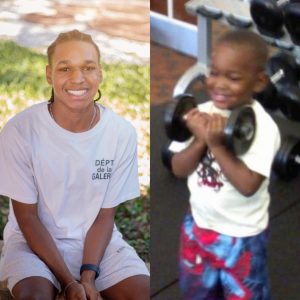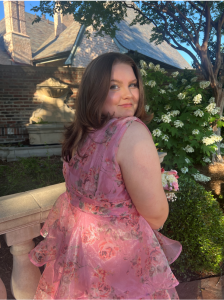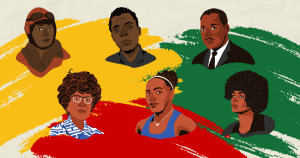Social media leading to anxiety
October 26, 2017
Social media sites such as Facebook, Twitter and Snapchat have been linked to social anxiety in people who frequently use them.
“Social anxiety can be defined as the extreme fear of being judged or scrutinized in social or performance situations,” licensed clinical social worker Megan Carley said.
Carley has been counseling for 21 years, and works with people of all ages that suffer from anxiety. She now works in Plano for the Dallas Counseling and Treatment Program.
“Teens compare themselves more when they have social media, and it reflects back onto themselves that they are not good enough,” Carley said.
These comparisons have drastically altered teenage standards to such a high level that students believe that they can never become “popular” or “cool”. Thoughts such as these cause students to isolate themselves for fear of negative criticism from their peers, reported Megan Carley.
“I felt unwanted because it seemed like everyone was going out and having fun while I was at home scrolling through social media,” senior Caroline Mikita said.
The use of social media nowadays is mostly restricted to only expressing the best version of one’s self. While there is nothing wrong with posting about good things, it is not an accurate representation of anybody’s life, and most teenagers fail to recognize that, reported Carley.
Instead, teenagers who frequently use social media see everyone else posting about the exciting things they are experiencing, and fear that their lives are not as special as their peers. This fear of being unextraordinary can cause students to feel less important and lonely, making them withdraw from their friends and peers because they are scared of being labeled as “lame”, reported NPR.
“Social media shows girls that being skinny is the only way to be pretty, and that it’s not okay to have curves or a figure,” Mikita said.
By comparing their body types to those of models, many young girls and boys lack confidence in their bodies. Social media apps tend to glorify being skinny rather than celebrating all body types, which can cause girls to feel uncomfortable in their own bodies during social situations. Just as well, many young men fall subject to the muscles of male models and actors that have been plastered over sites like Twitter. Having body image problems forces many teenagers to avoid situations such as swimming at a public pool or working out at the gym. Daily Mail reported that almost a fifth of 14 year old girls felt pressure by the media to lose weight.
“Girls are constantly told and shown ways that we should look that aren’t realistic, but since we see it so often we are always trying to achieve something almost impossible,” senior Drew Manders said.
Through social media platforms, both young men and women have learned that their self worth is equivalent to how they look. When students begin to feel unattractive or overweight compared to their peers, they begin the downward spiral of believing that they are worth less than those assumed more beautiful or fit, reported Time Magazine.
Overall, comparison through social media can lead to social anxiety in people of all ages. These comparisons can grow to harm teenagers by lowering their self esteem, and making them close themselves off to others for the excessive fear of being scrutinized.
“In absolutely no case is social media ever worth the feelings of social anxiety,” Carley said.











